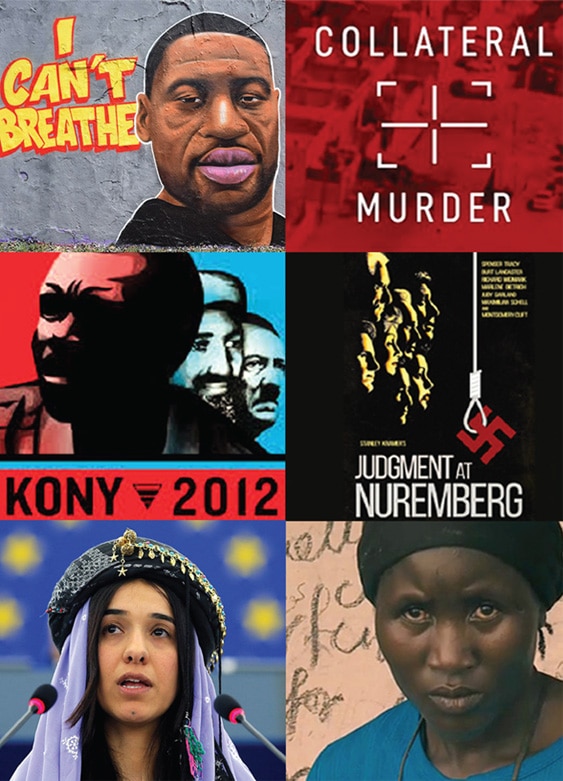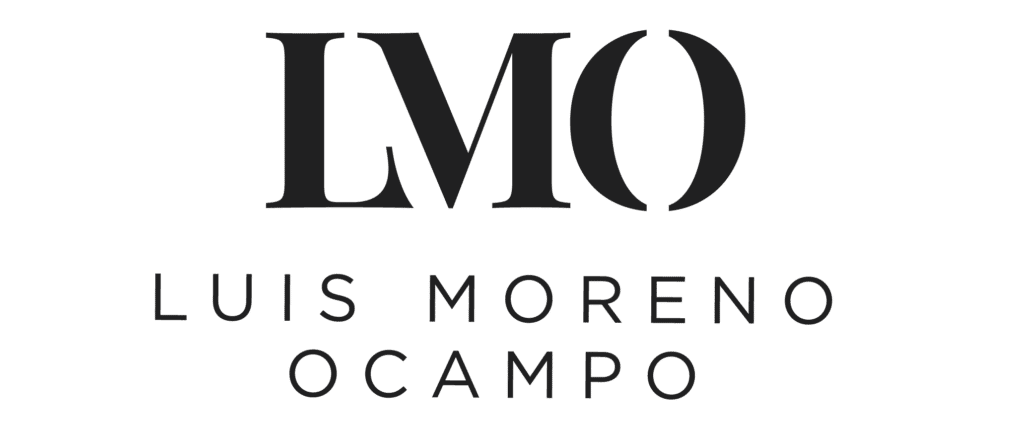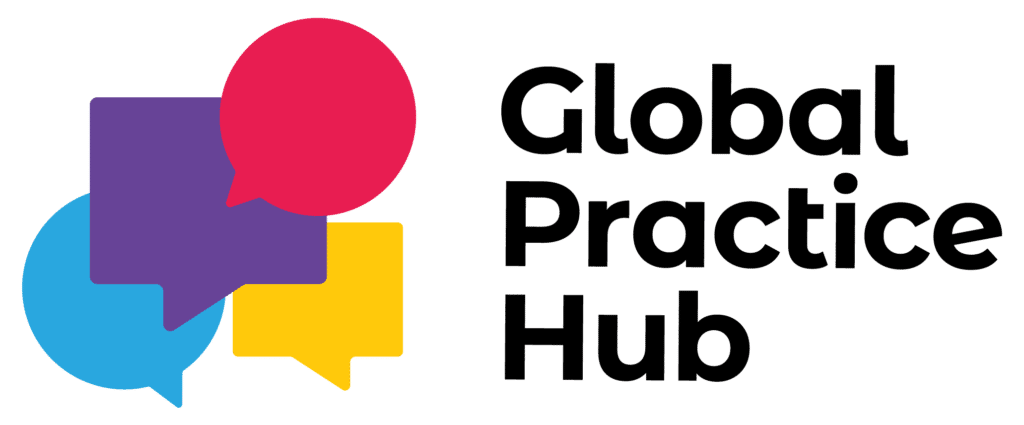CCNY-CUNY SEMINAR
GLOBAL NARRATIVES
of crime, war and justice
MAY
3to7
12 PM to 2 PM (EST)
Seminar will be held virtually
Registration deadline: April 26th, 2021
Cost of attendance: $300 USD

Luis Moreno Ocampo
FOUNDING CHIEF PROSECUTOR OF THE INTERNATIONAL CRIMINAL COURT

Apply for Admission
Registration deadline: April 26th, 2021
A B O U T
Luis Moreno Ocampo
He is finishing a book on his tenure: War and Justice in the 21st Century to be published by Oxford University Press. He prepared his book as a Senior Fellow at Harvard University’s Kennedy School, Carr Center for Human Rights Policy (2015-20). He was previously a Senior Fellow at Jackson Institute for Global Affairs, Yale University (2014-15), and a Distinguished Visiting Scholar at New York University, Law School (2012-13).
He is currently exploring at the University of Southern California’s School of Cinematic Arts the relations between justice and popular narratives following Viet Thanh Nguyen’s concept that “all wars are fought twice, the first time on the battlefield, the second time in memory.” He was also a Visiting Professor at Hebrew University, Law School (2017-20), and Al Quds University (2018-20).
Previously he was a Visiting Professor at Stanford University (2002) and at Harvard University (2003).
He had a critical role at the national level during the transition to democracy in Argentina. He was Deputy Prosecutor in the trial against the Military Junta (1985), and the prosecutor in military rebellion cases in 1988 and 1991 and dozens of grand corruption cases, including charges against judges and ministers. During the 1990s, he was in private practice in Argentina, helping companies and public institutions control corruption. In 1998, he directed a famous Argentine TV show about law and conflict resolution. In 1987, he was one of the Poder Ciudadano (Citizen Power) founders, an Argentine NGO that created one of the first civil society anti-corruption programs. Poder Ciudadano became a Transparency International chapter in 1995, and Ocampo served as a Transparency International Advisory Board Member. At the end of his tenure as the ICC’s Prosecutor, he became the Chairman of the World Bank’s External Panel of Experts on Corruption allegations in Bangladesh (2012- 13). He is currently part-time in private practice managing cases with transnational challenges.


